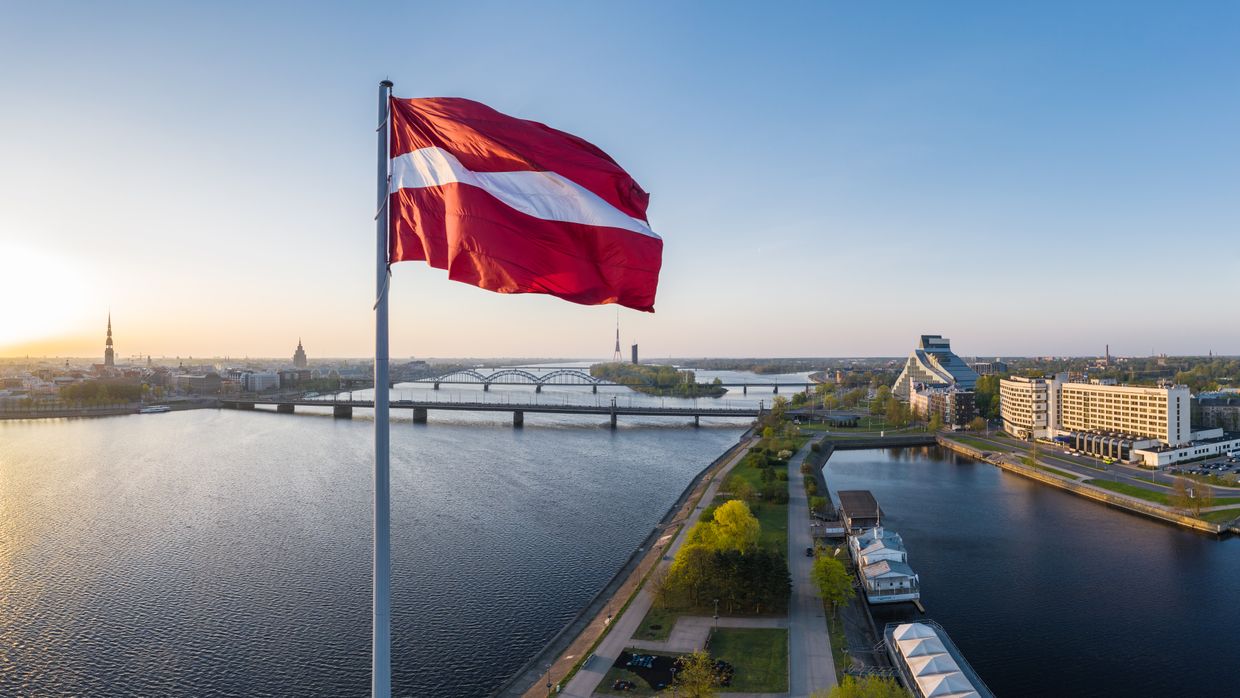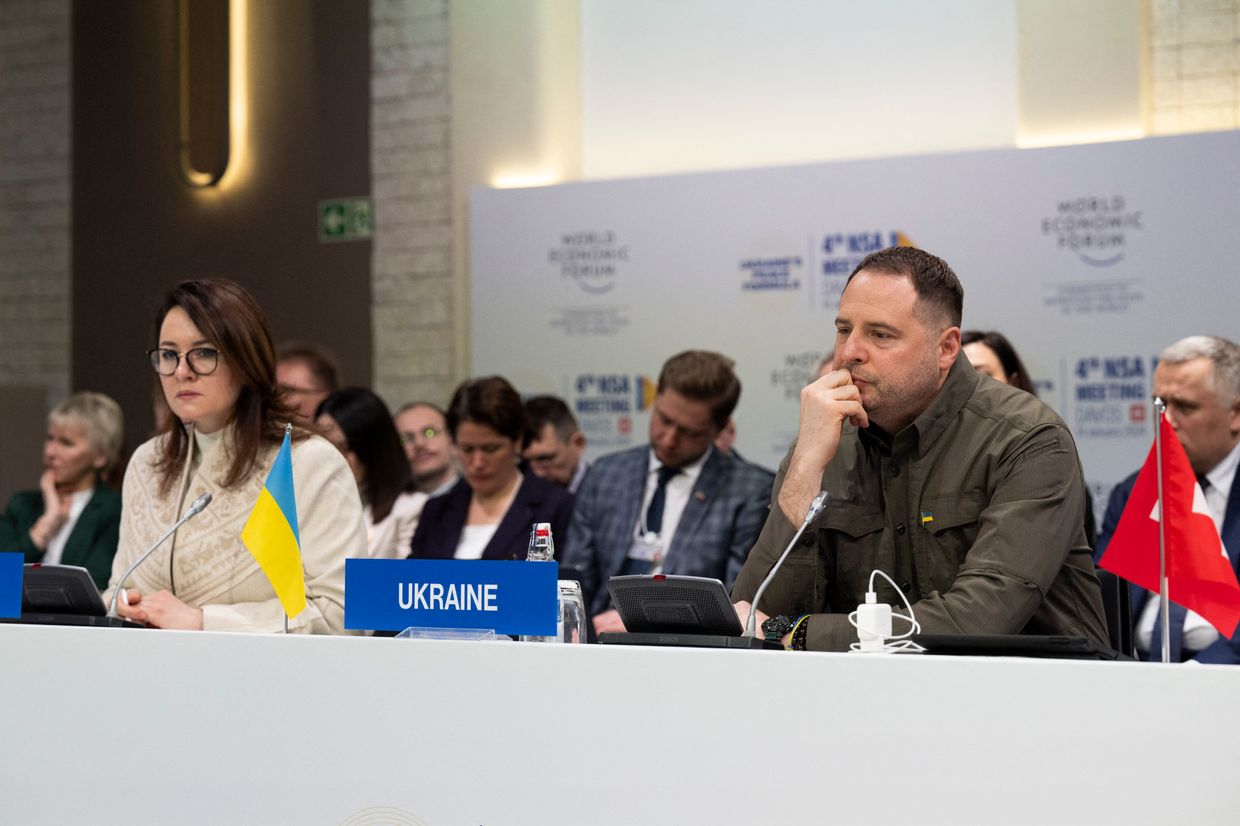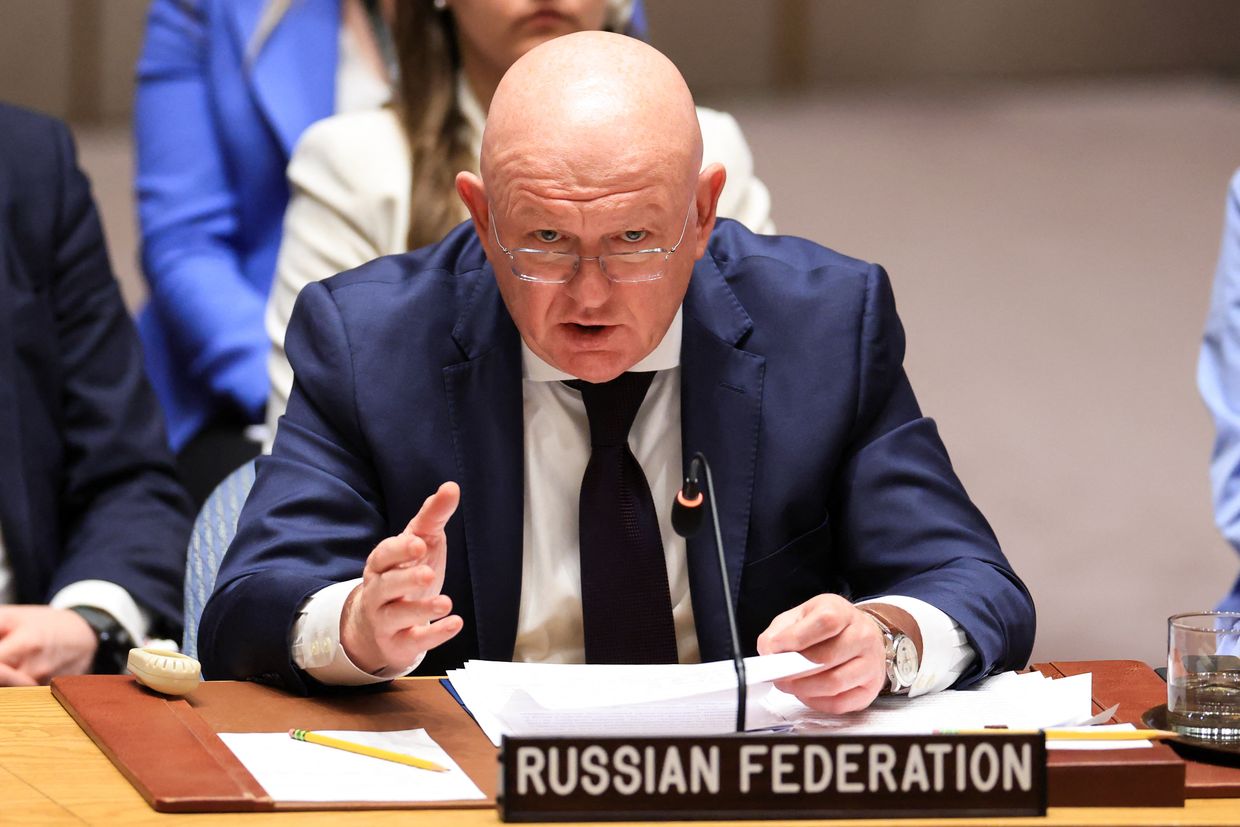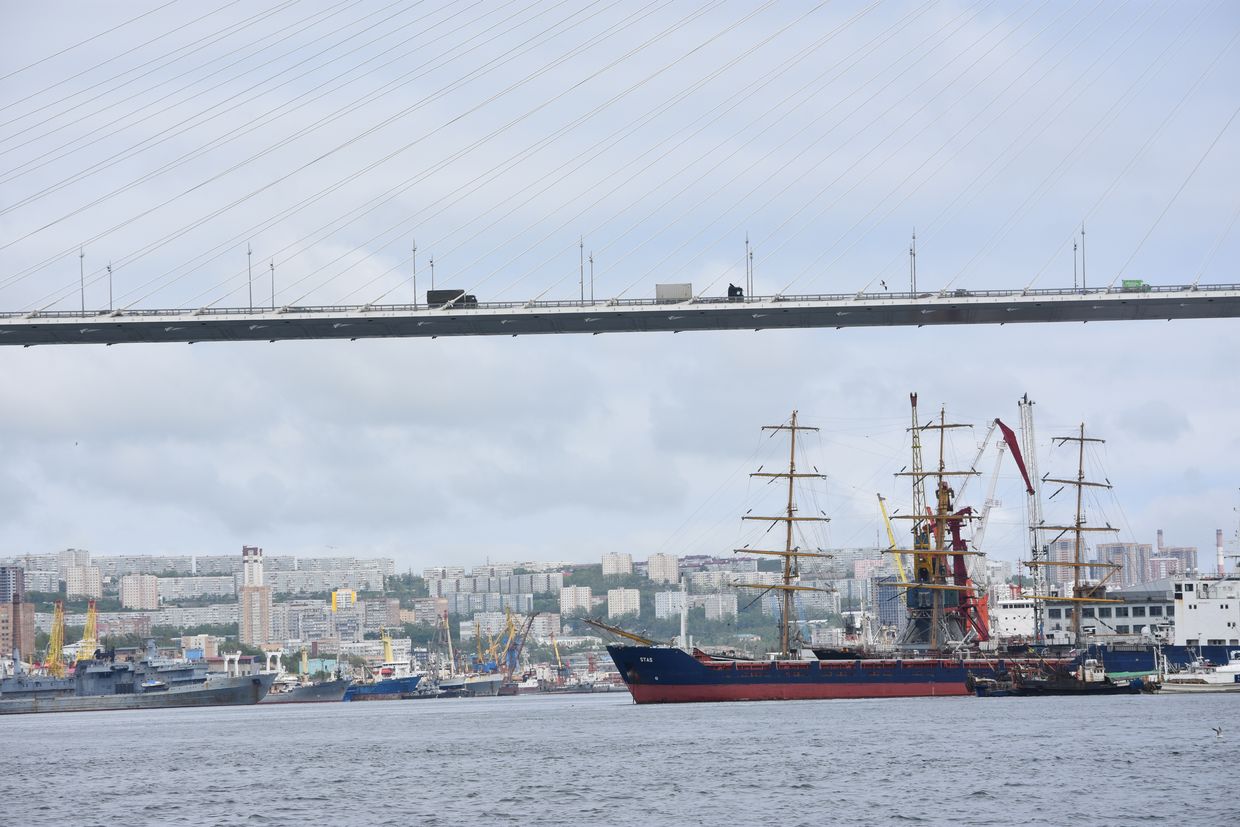Latvia joins UN Security Council for first time

Latvia was elected on June 3 to the United Nations Security Council for the first time in its history.
Along with four other countries – Bahrain, Colombia, the Democratic Republic of the Congo, and Liberia – Latvia will serve a two-year term, beginning in January 2026, as a non-permanent member of the UN Security Council.
Reacting to the vote, Latvian Foreign Minister Baiba Braze called it a "historic day for Latvia."
"We are honored by the trust placed in us and ready to take on this responsibility to defend the rules-based international order," she wrote on X.
With the exception of Latvia – which is taking a seat on the council for the first time – all the elected countries have previously served.
The newly elected countries will take the place of Algeria, Guyana, the Republic of Korea, Sierra Leone, and Slovenia, whose terms will end in December 2025. They will join the five non-permanent members that were elected last year – Denmark, Greece, Pakistan, Panama, and Somalia.
The UN Security Council is the main UN body responsible for maintaining international peace and security. It is composed of 15 members, including five permanent members – China, France, Russia, the United Kingdom, and the United States. The permanent members hold veto power.
Since the start of Russia's full-scale invasion of Ukraine, the Kremlin has repeatedly used its veto power to block resolutions concerning its actions in Ukraine. Latvia, a vocal critic of Russia, has consistently pushed for stronger Western support for Ukraine.
The Baltic nation has been a steadfast ally of Ukraine – it recently delivered 1,500 combat drones to Ukraine and has committed providing military support at the level of 0.25% of its GDP every year.
Latvia has also urged the European Union to adopt tougher measures against Russia, including an EU-wide ban on issuing visas to Russian citizens.
 The Kyiv IndependentMartin Fornusek
The Kyiv IndependentMartin Fornusek

